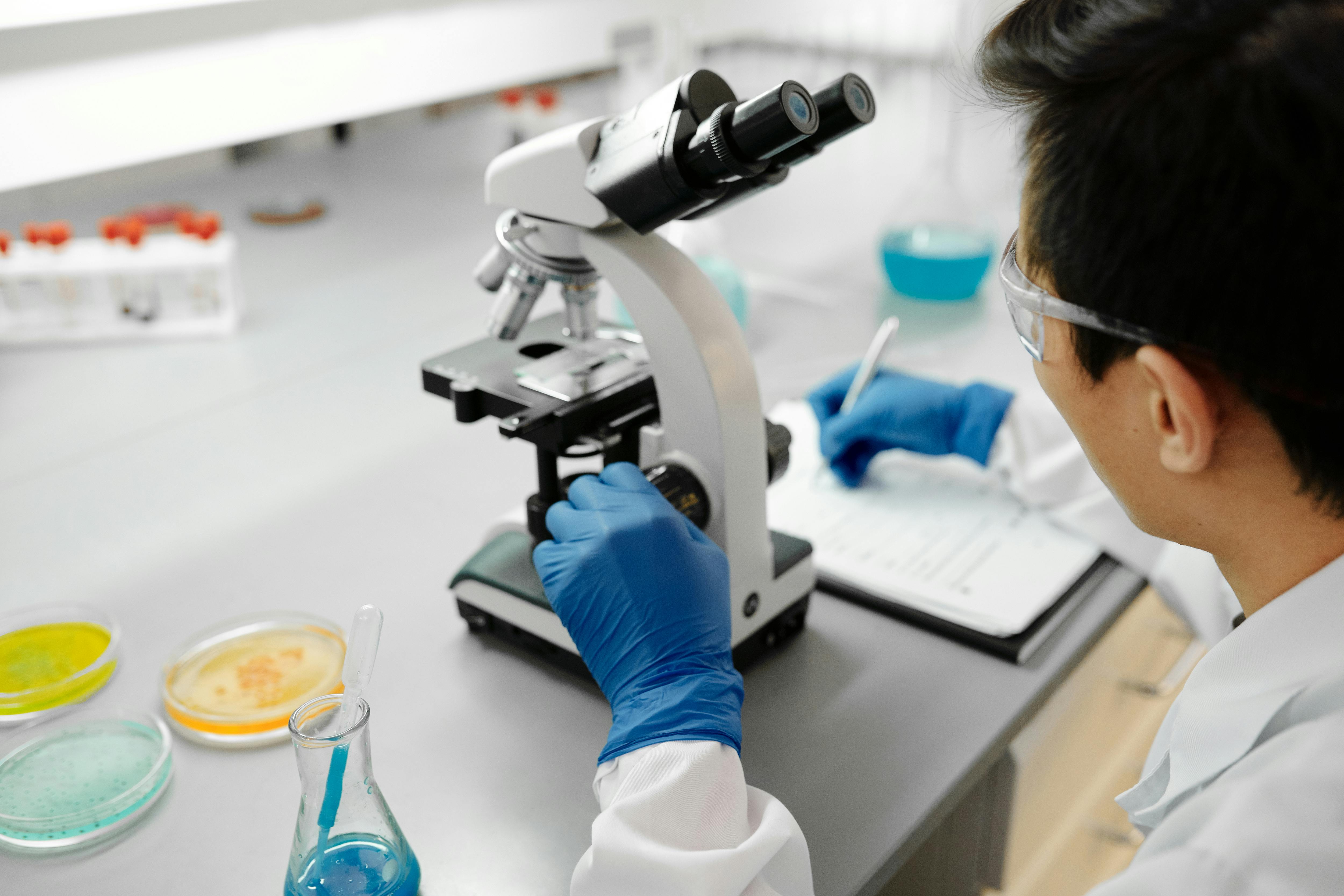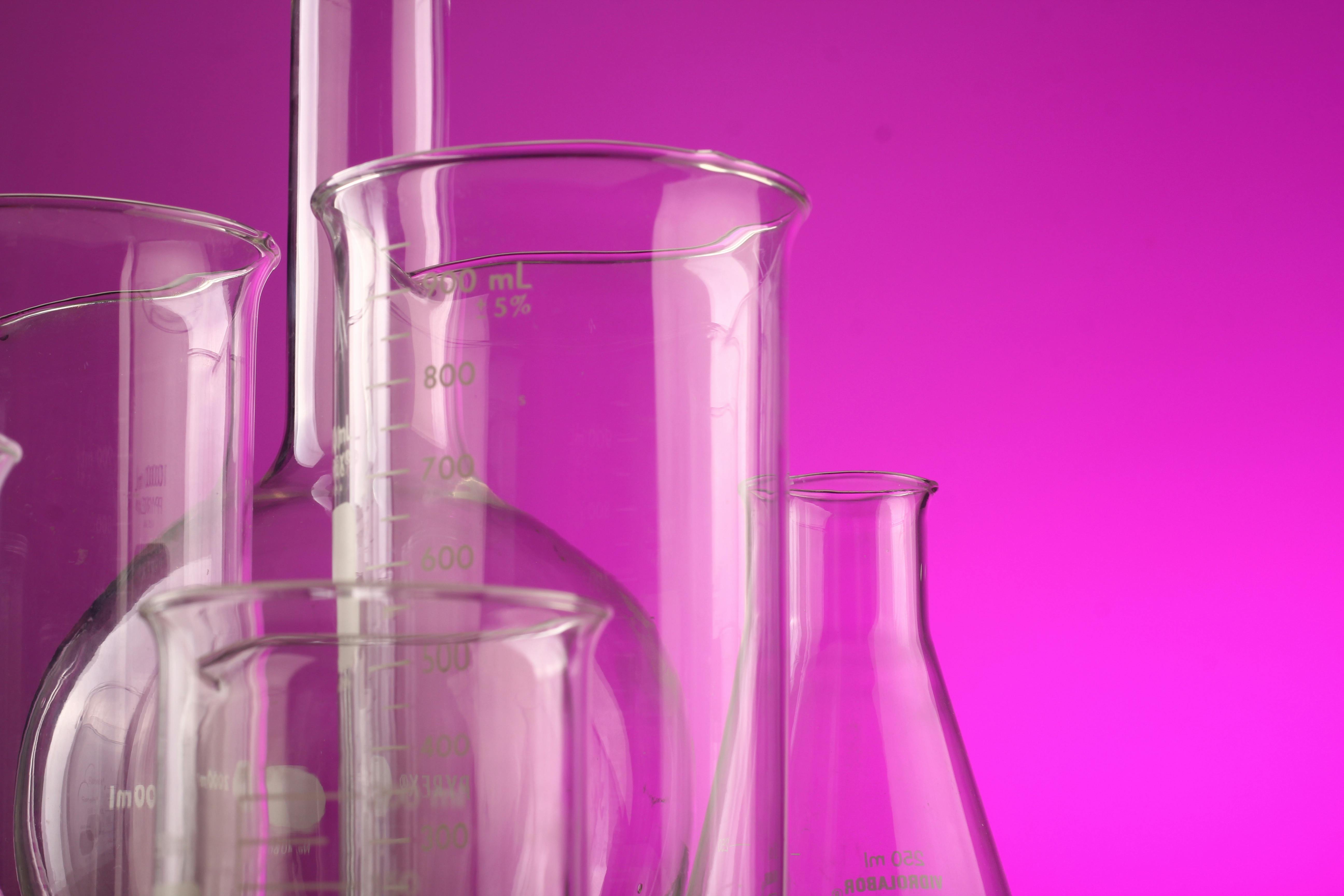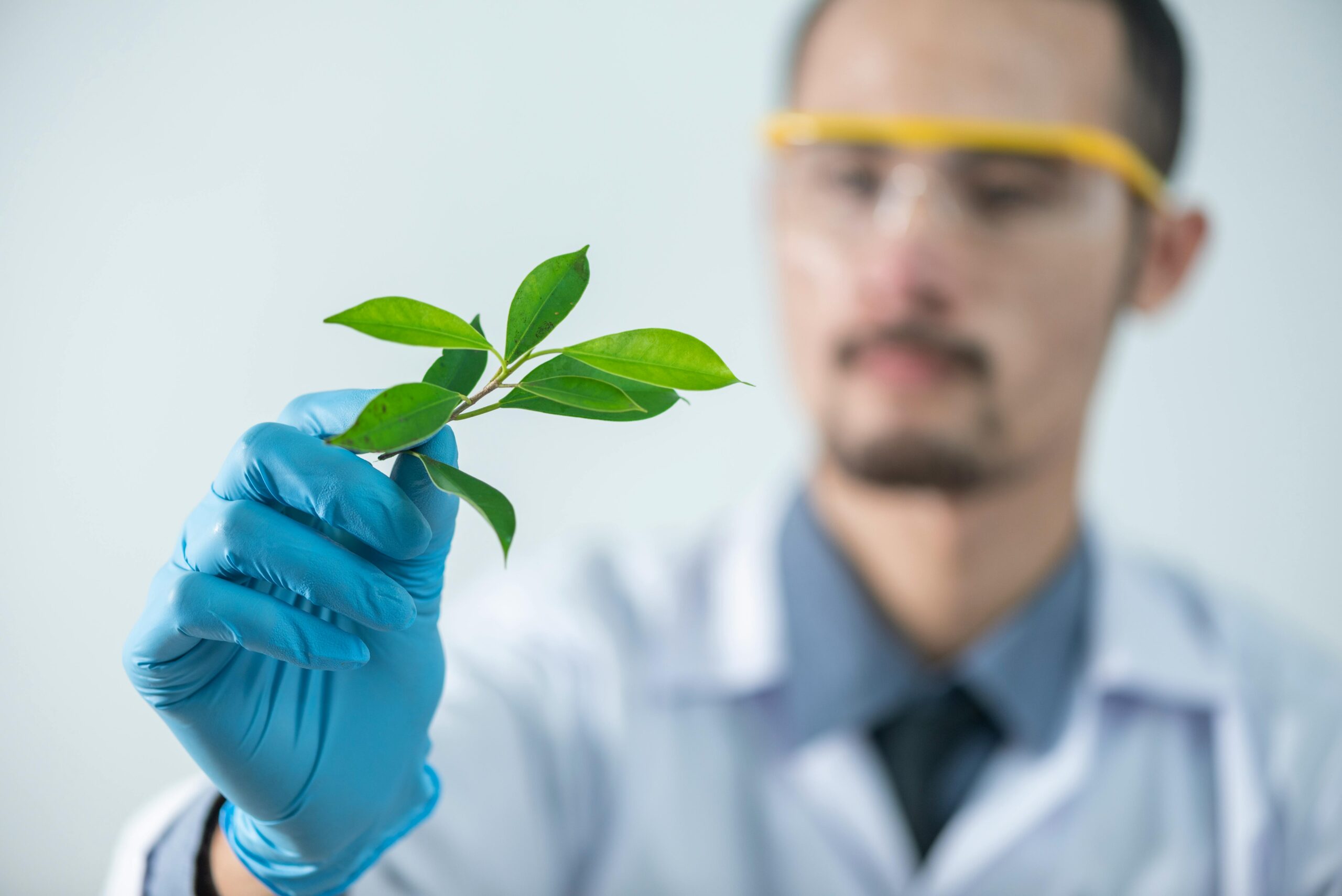Smart Ways to Optimize Your Creatinine Test Results in 2025
In the realm of health monitoring, optimizing your creatinine test results is crucial for assessing kidney function and overall health. Creatinine, a waste product of muscle metabolism, is commonly measured to evaluate renal performance. This article highlights effective strategies to enhance your test outcomes, ensuring that you achieve the most accurate and favorable results.
Understanding your creatinine levels not only helps in early detection of potential kidney issues but also provides insight into your overall metabolic health. By implementing smart lifestyle adjustments and embracing health-conscious practices, you can positively influence your creatinine readings. Throughout this article, we will explore key methods to prepare for your tests, dietary considerations, hydration importance, and the impact of exercise.
Moreover, we will delve into how maintaining a balanced lifestyle can prevent fluctuations in your creatinine levels. Our roadmap will cover practical tips alongside scientific insights, ensuring that you equip yourself with the knowledge to achieve optimal test results.
Essential Lifestyle Changes for Better Creatinine Levels
Importance of a Balanced Diet
Food plays a pivotal role in managing creatinine levels. A well-balanced diet rich in fruits, vegetables, whole grains, and lean proteins can support kidney health. Notably, reducing intake of red meats and high-protein diets can mitigate creatinine spikes. Research reveals that diets low in sodium, phosphorus, and potassium can also be beneficial for individuals monitoring their creatinine levels.
Hydration Strategies for Optimal Health
Staying adequately hydrated is key to maintaining kidney function. Dehydration can lead to elevated creatinine levels, as the kidneys struggle to filter waste effectively. It is essential to drink ample water throughout the day, especially before a creatinine test. Aim for at least 8-10 glasses daily, or more if engaging in physical activity. Even mild dehydration can negatively impact results, highlighting the importance of consistent water intake.
Regular Exercise and Its Impact
Engaging in regular exercise can significantly improve your health indicators, including kidney function. Aerobic exercises, such as walking or swimming, enhance circulation and facilitate optimal kidney functioning. However, it’s crucial to approach exercise with balance; excessive physical activity without adequate recovery can lead to increased creatinine levels due to muscle breakdown.
Role of Sleep and Stress Management
Quality sleep and effective stress management are vital components of kidney health. Chronic stress can lead to poor dietary choices and lack of exercise, indirectly affecting creatinine levels. Establishing a calming nighttime routine and incorporating stress-relieving activities, such as yoga or meditation, can provide significant benefits for overall health.
Monitoring Medications and Supplements
Some medications and supplements can influence creatinine levels. If you are on prescribed drugs, it’s essential to discuss their impact with a healthcare provider, ensuring optimal management strategies. Certain over-the-counter supplements may also cause fluctuations, so knowing what you consume is vital before undergoing testing.
Regular Health Check-ups
Consistent medical evaluations allow for the monitoring of kidney health, ensuring timely interventions if necessary. Regular blood tests, including comprehensive panels, can provide insights into your metabolic health. Stay proactive by scheduling visits with your healthcare provider to review health metrics, including your creatinine levels.

Dietary Considerations for Creatinine Optimization
Foods to Include for Kidney Health
Incorporating kidney-friendly foods is essential for optimizing creatinine levels. Consider integrating berries, apples, fish, and leafy greens into your meals. These foods are packed with antioxidants and nutrients that support kidney function, effectively reducing the burden on your renal system.
Foods to Limit
Certain foods can exacerbate high creatinine levels and should, therefore, be limited or avoided. Processed foods high in sodium, saturated fats, and sugar can contribute to inflammation and stress on the kidneys. Additionally, limit intake of excessive protein sources, especially red meat, as they can increase creatinine production.
Nutritious Cooking Methods
Opting for healthy cooking methods can enhance your overall dietary quality. Favor steaming, grilling, or baking over frying to retain the nutritional value while avoiding unhealthy fats. Moreover, considering portion control can help manage your intake of protein and phosphorus, critical for those monitoring creatinine levels.
Importance of Fiber Intake
A high-fiber diet supports kidney health by regulating blood sugar and reducing cholesterol levels. Soluble fiber found in oats, beans, and fruits can aid in preventing kidney disease progression. Aim to include a variety of fiber-rich foods in your diet to reap these benefits.
Understanding Food Labels
Learning to read and understand food labels is vital for making informed dietary choices. Check for sodium, potassium, and phosphorus content to ensure they align with your dietary goals. This awareness helps in making healthier food choices that are conducive to maintaining favorable creatinine levels.

Preparation Tips Before Creatinine Testing
Understanding the Testing Process
Knowing what to expect during a creatinine test can reduce anxiety and ensure accurate results. Typically, a blood sample is drawn to measure serum creatinine levels, often alongside a urine test. Understanding this process can help in preparing appropriately.
Timing Your Meal Before Testing
What you consume before a test can affect the results. Generally, fasting for at least 8 hours before blood draws is recommended. Avoid heavy meals as they can skew results; instead, choose light snacks that will have minimal impact on your metabolism.
Avoiding Certain Activities
Before your testing, it’s advisable to avoid intense physical activity, as this can lead to temporary elevations in creatinine levels. Aim for rest on the day prior to your test, allowing your body to achieve a state of baseline functioning.
Communicating with Healthcare Providers
Always communicate any medications or supplements you are taking with your healthcare provider prior to testing. This ensures that they can interpret results accurately and make necessary adjustments to your care plan if required.
Pacing Yourself During the Day of the Test
On the day of testing, try to maintain a calm demeanor. Rushing or experiencing a stressful morning can impact your physiological levels and potentially affect your readings. Arrive at your appointment early to give yourself time to acclimate.
Common Myths About Creatinine and Kidney Health
Myth: High Creatinine Always Indicates Kidney Disease
While elevated creatinine can signal kidney issues, it is not always definitive. Factors such as dehydration, intense workouts, or high-protein diets can lead to temporary spikes. It’s essential to consider other test results and symptoms in the context of kidney health.
Myth: Only Diet Affects Creatinine Levels
Many believe that only diet impacts creatinine levels; however, hydration, physical activity, and even genetics can influence these results. A holistic approach to health is necessary for proper kidney function monitoring.
Myth: Creatinine Supplements Can Quickly Lower Levels
There is a common misconception that certain supplements can dramatically lower creatinine levels. While some may help support kidney health, there are no quick fixes. Long-term lifestyle changes are vital for meaningful improvements in kidney-related metrics.
Myth: All Creatinine Tests Are the Same
Different testing methods can yield varied results; understanding the specific tests and their purposes is important. Creatinine clearance tests, for instance, evaluate how well kidneys filter creatinine, while serum tests measure overall levels. Knowing the difference can enhance your management strategy.
Q&A: Addressing Common Concerns About Creatinine Levels
Q1: What are normal creatinine levels?
Normal serum creatinine levels generally range from 0.6 to 1.2 mg/dL for men and 0.5 to 1.1 mg/dL for women. However, these values can vary based on muscle mass, age, and diet.
Q2: Can creatinine levels fluctuate?
Yes, creatinine levels can fluctuate due to various factors, including hydration status, physical activity, and dietary habits. Consistency in lifestyle choices helps maintain stable levels.
Q3: What should I do if my creatinine levels are high?
If your creatinine levels are elevated, consult with your healthcare provider. They can assess your situation, recommend appropriate lifestyle changes, and possibly conduct further tests.
Q4: How does age affect creatinine levels?
As we age, muscle mass typically decreases, which can lower creatinine production. Therefore, older adults may exhibit lower baseline levels, making it essential to consider age when interpreting results.
Q5: Are there specific foods that lower creatinine?
Foods like berries, apples, and certain fish can support kidney health and may help lower creatinine levels. Integrating a kidney-friendly diet alongside proper hydration is key for maintaining optimal levels.
By adopting these smart strategies to optimize your creatinine test results, you can take proactive steps toward better kidney health. For more detailed insights, visit our articles on creatinine benefits and discover how to enhance your well-being with lifestyle adjustments.
